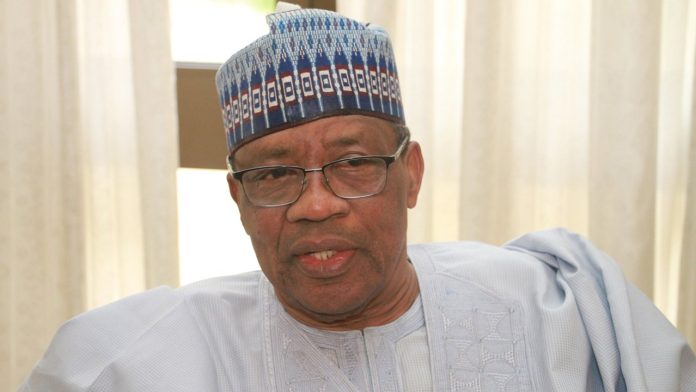Former Military President General Ibrahim Badamasi Babangida (rtd) has shed light on the reasons behind the overthrow of General Muhammadu Buhari’s regime in 1985, along with the subsequent economic reforms, including the devaluation of the naira. In his newly released autobiography, A Journey in Service, Babangida provides a detailed account of the events leading to the coup and its implications for Nigeria.
In Chapter Six, titled “Mounting the Saddle, Defining a Military Presidency,” Babangida describes the coup as a necessary intervention due to increasing national discontent and a deteriorating political climate. He writes that by early 1985, the public was apprehensive about the future of the country, and the armed forces recognized that their initial mission had largely failed. Babangida asserts that if action had not been taken, it would have led to a dangerous split within the military, jeopardizing national stability.
He criticizes Buhari and his deputy, Brigadier General Tunde Idiagbon, for isolating themselves from the military establishment and adopting an authoritarian governance style that alienated the civilian populace. Babangida notes that the Buhari administration ruled by fear, infringing on citizens’ fundamental rights and freedoms.
Babangida also highlights the dire economic conditions of the time, arguing that the economic hardship faced by ordinary Nigerians contributed to the coup’s inevitability. He describes the public’s growing dissatisfaction with shortages of essential goods and the government’s draconian measures, which restricted individual freedoms and led to a mechanical form of justice.
As Chief of Army Staff, he faced pressure from junior officers to act in response to the military’s declining credibility. Babangida recounts how arbitrary disciplinary actions against senior officers without due process prompted him to consider resigning. Ultimately, the call for leadership change was supported by a broad spectrum of military officers, culminating in the bloodless coup on August 26, 1985.
In Chapter Seven, Babangida addresses one of his administration’s most controversial decisions: the devaluation of the naira. He argues that Buhari’s policy of fixing the exchange rate created significant economic distortions. By floating the naira, Babangida’s government aimed to align the exchange rate more closely with market forces, facilitating greater access to foreign exchange.
Babangida defends his administration’s privatization of state-owned enterprises, arguing that excessive government control stifled economic growth. He contends that Nigerians would prefer to pay slightly higher prices for goods rather than endure persistent shortages and queues.
As discussions about Babangida’s actions continue, it remains clear that his reflections in A Journey in Service have reignited debates about Nigeria’s past and the lessons that can be drawn from it.










